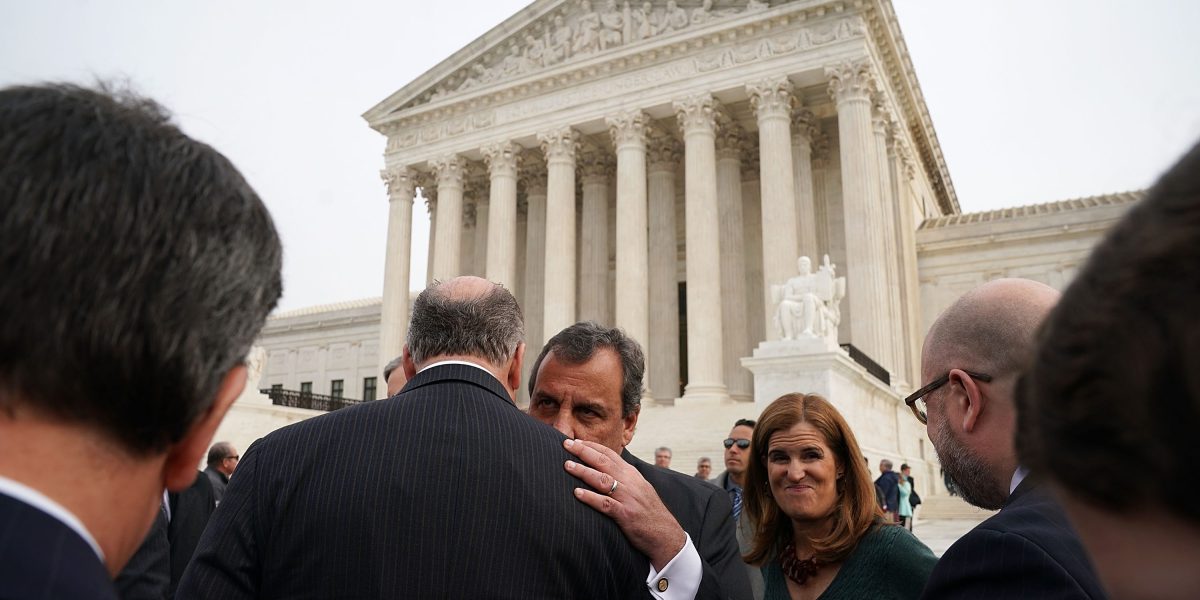
In the past month, US President Donald Trump and former New Jersey governor Chris Christie were diagnosed with covid-19 and spent time in the hospital, just like tens of thousands of other Americans nearly every day since the pandemic began.
But Trump and Christie were special cases. They received experimental covid-19 treatments that are not readily available to the general public. They have both since recovered and publicly acknowledged that US companies granted them access to drugs still off-limits to the vast majority of Americans with the disease.
Their treatment has generated a lot of conversation about the perception that the rich and famous have priority access to health care. What has received much less attention is whether these two men circumvented the rules to get access to experimental drugs outside clinical trials, and if so, how their actions could affect drug development.
Seriously ill patients with no other options are permitted by law to receive drugs in development before the drugs have been approved by the US Food and Drug Administration. Regulations governing this access are necessarily strict, to protect not just the parties involved but the clinical development process itself.
Allowing people to skirt these regulations could delay or derail that process. Even the perception that rules are being bent this way could raise public doubts about participating in clinical trials. This is problematic in any case, but especially so when the drugs in question are being developed to help stem a pandemic.
What is expanded access?
For decades, drug companies have granted some patients access to investigational products outside clinical trials via a pathway known as expanded access. Historically referred to as “compassionate use,” expanded access permits a patient with a serious or life-threatening condition to try such products as a last-ditch move.
Patients must meet several criteria to qualify for expanded access. There must be no FDA-approved therapies available to the patient; the request for access must be made by a physician, who has determined that the possible benefits outweigh potential risks; the patient must be unable to enroll in a clinical trial; and the company must believe that granting access will not interfere with clinical trials of the product.
Those last two requirements are especially important because the FDA evaluates safety and efficacy data collected during clinical trials to determine whether to approve new treatments, thus making them available to many more patients. It’s already difficult to get enough people to participate in clinical trials. If patients can access experimental drugs without enrolling in one, it will become even harder to collect that critical data. Flouting the letter or spirit of the expanded-access law could seriously harm not only the drug development system, but the public’s trust in it and the public’s health at large.
Trump tested positive for covid-19 on or around September 30. After being discharged from the hospital, he boasted repeatedly that he’d gotten “Regeneron”—that is, he received Regeneron Pharmaceuticals’ investigational antibody cocktail called REGN-COV2 via expanded access. He even said that it cured him.
